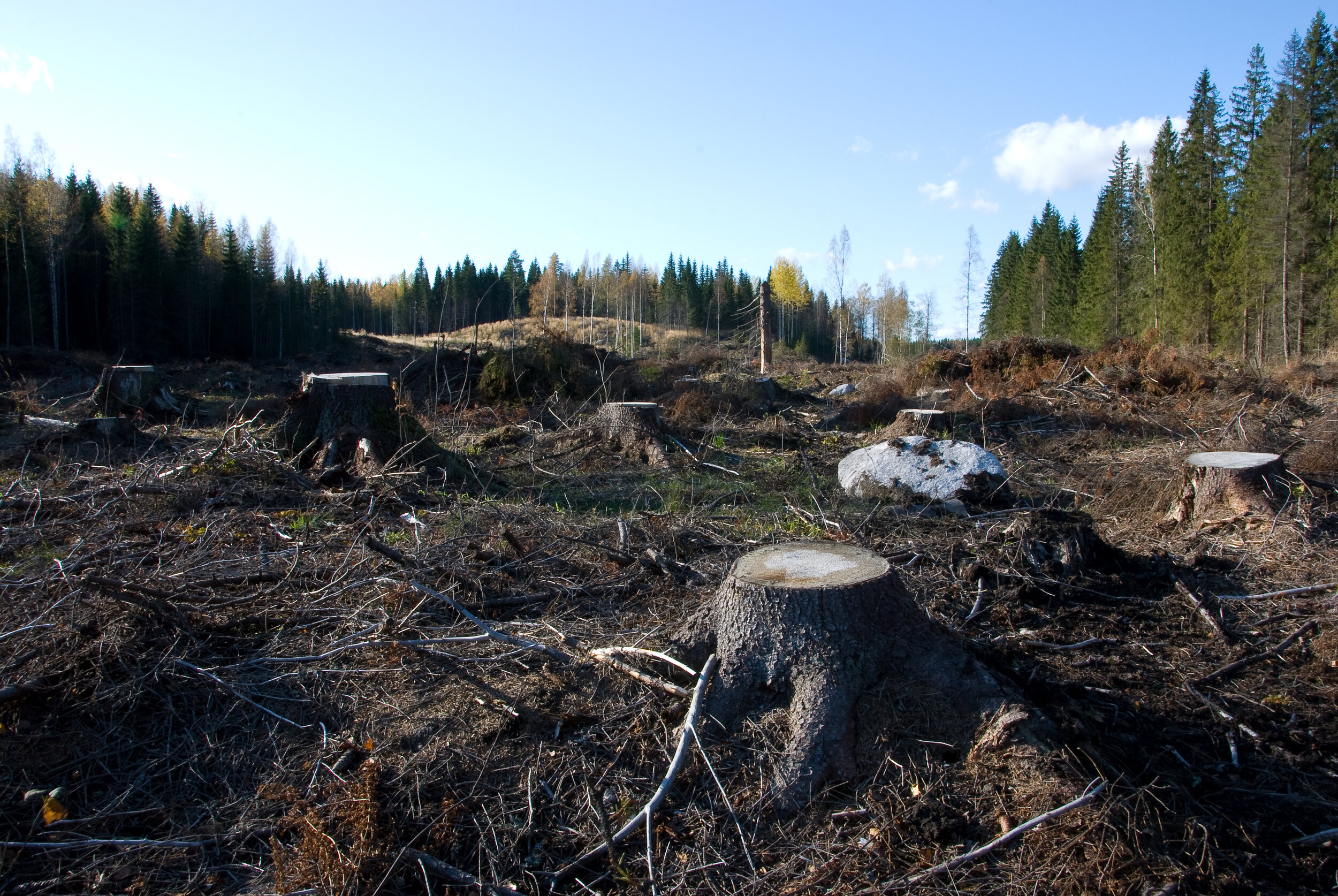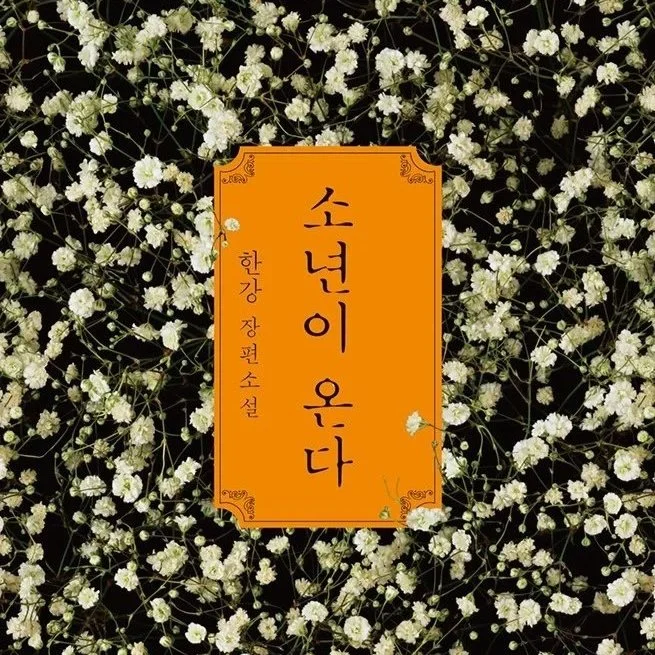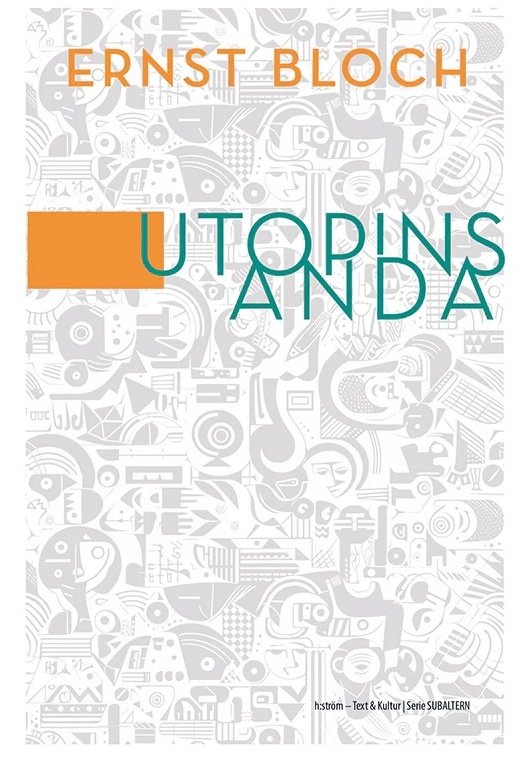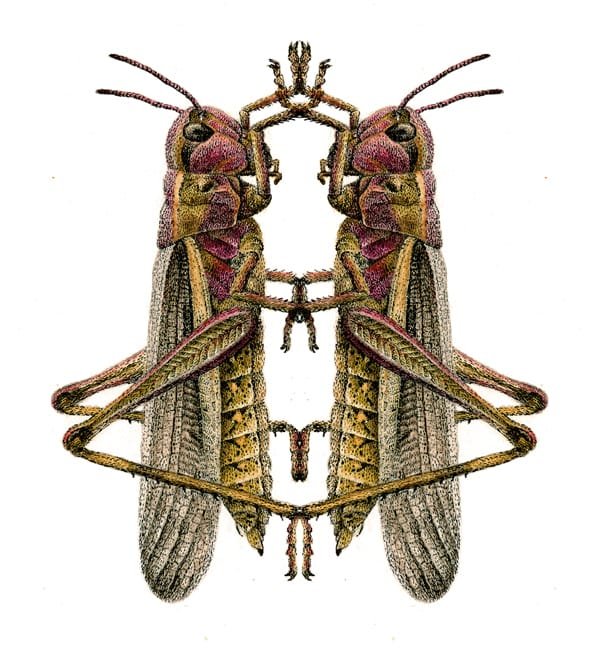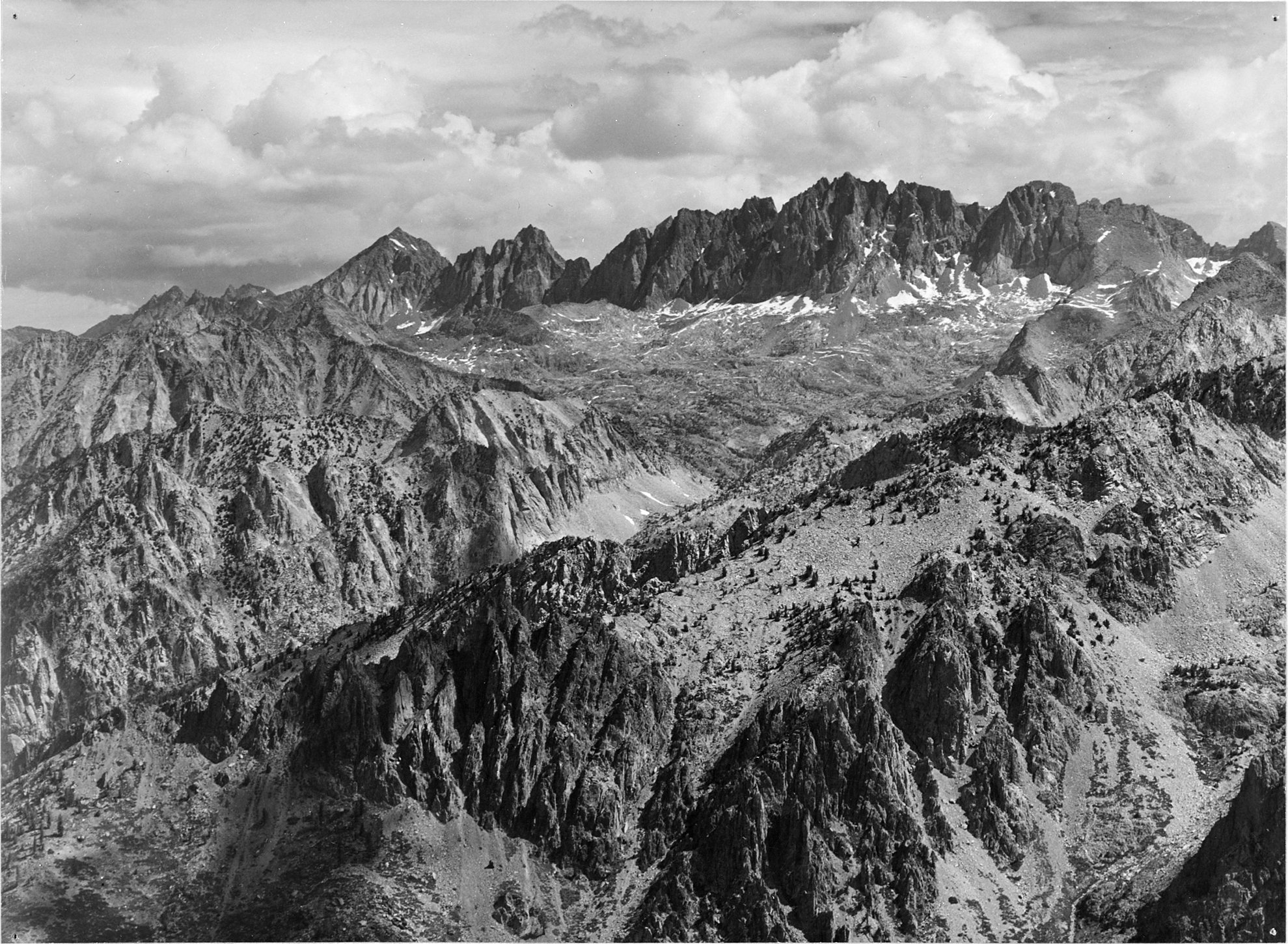Sentimental fragment
/I sit on a train running between Stockholm and Uppsala, one of the most trafficked lines in Sweden. Close to the heart of Swedish centralized rule, its locus of political and economic power. The region into which I have reluctantly been drawn and which is now my own home, where I work and live. Of course, Sweden being Sweden, a backwater province of humanity, also in this center large parts of the landscape consist largely of fields and forests. Forests. I see from the train window a sight that I have not seen in this region before: a kalhygge – large swaths of forest cut down. And I see, piles upon piles, the trunks of dead trees. When I was a child I was so used to the sight, the entire region of mine consisting largely of trees grown for slaughter. That which looks like forests – to the ignorant eye – in my region is in reality the living death of wood, monoculture, devoid of ecosystem. So, when I was a child, I was used to the sight, the sight of harvested trees. Piles upon piles of trunks. I didn’t even think of these piles in terms of life and death. But my eyes have grown unaccustomed and naïve, my eyes have become the eyes of the city-dweller that does not know the material origins of things such as paper. My eyes now register life and death. Dead trees. And accordingly in my heart I find a distinct sadness. I am sad for the lost lives of the trees. And I am sad to learn that they never really lived: that the forest I have looked at through the train window revealed to never have been anything except for individual trees grown for slaughter, a plantation devoid of community, of ecosystem. I mourn, polyvalently, roots cut off.
Rosa

